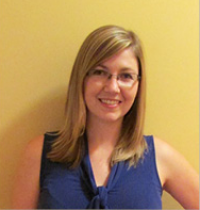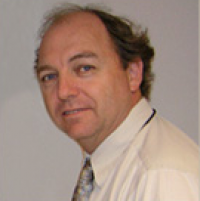
The nuclear industry is truly unique in that we primarily trade in invisible forces. Splitting atoms, generating electricity, shielding radiation; each of these services is quite intangible to the everyday citizen, despite the benefits they might receive as a consumer. This problem has left me wondering: How can we better connect the dots in the public discourse between nuclear technologies and their benefits to people and the environment? How can we make the industry more accessible, human and visually substantive? To answer these questions, I've spent much of 2013 traveling the world, visiting nuclear sites and writing about my experiences for the Nuclear Literacy Project.
Suzanne Hobbs Baker is the founder of the nonprofit organization PopAtomic Studios and the Director of the Nuclear Literacy Project. With a background in fine arts, Baker uses art and imagery to communicate the benefits associated with nuclear energy. From reducing our carbon emissions to reducing proliferation risks. Nuclear energy technologists and professionals have an important role to play in solving some of our world's biggest challenges. Throughout her work, Baker explores ways to overcome the communications challenges associated with the advancement of nuclear technologies using visual arts, social media and collaborative thinking. She hopes to de-mystify the inner workings of nuclear sector by highlighting the wonderful people and programs behind the technology.




